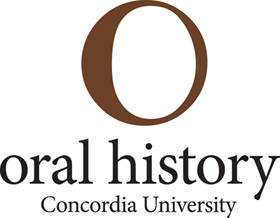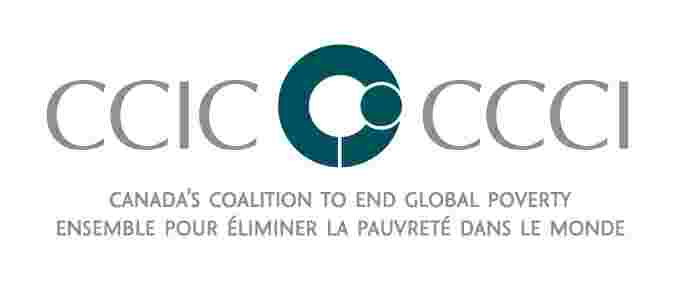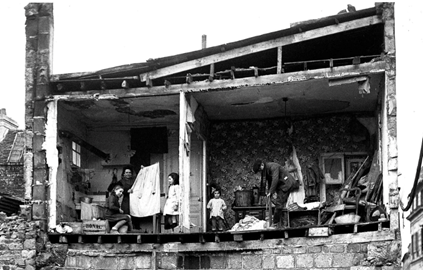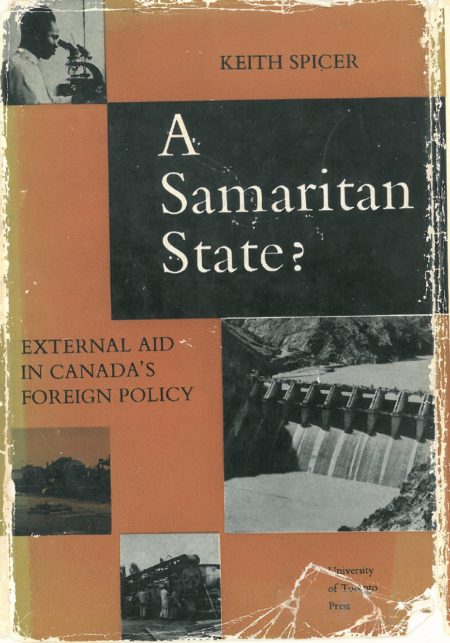From H-World. Original post by Mauricio Borrero
CFP: St. John’s University World History Theory and Practice Conference: Migrants and Refugees
**Proposal deadline extended to February 1, 2019
Migration, whether voluntary or involuntary, lies at the heart of world history. The movement of people, regardless of circumstances, and their cultures, family networks, foods, and material objects continues to reshape society at local, regional, and global scales. These movements ought to inform the ways educators frame and teach about the past. That human beings, texts, ideas, and things have always been in motion undermines static representations of global society. Grappling with the implications of these migration flows remains an exciting challenge for practitioners of world history. Continue reading










